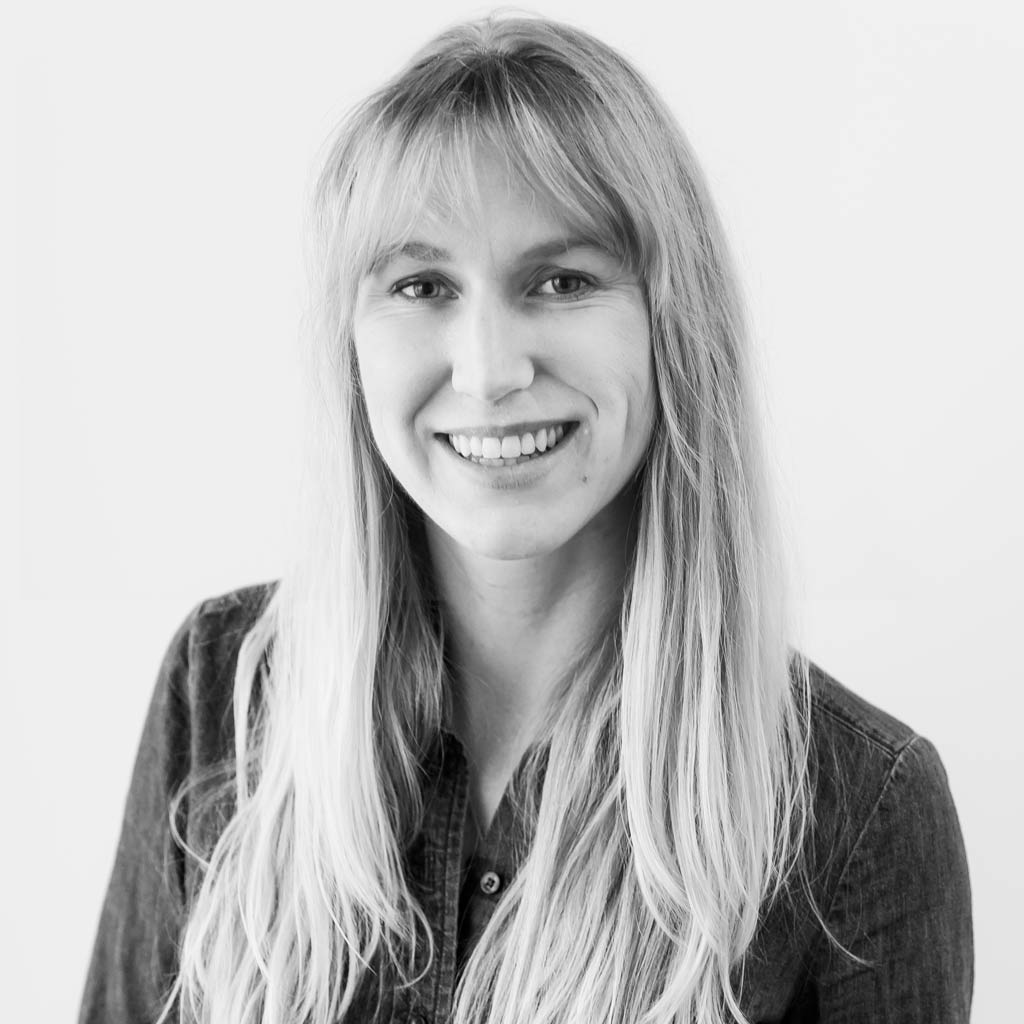How a North Texas Fashion Startup is Bringing Transparency and Sustainability to Retail
[ad_1]
Dallas-dependent MakersValley, a style tech corporation that connects independent style manufacturers with Italian artisans, has launched its 2nd venture. Termed Orma, the new app gives individuals additional info about the way retail clothing goods are manufactured. “What Orma is at its core is a fashion transparency and sustainability app,” claims Tiffany Chimal, co-founder and COO of both of those MakersValley and Orma.
The app generates a QR code that buyers can scan to check out a profile of the manufacturing facility the place the merchandise was manufactured, such as its location, components used, and videos of its journey from conception to retail store. “A lot of merchants are hoping to reinvent themselves and trying to make the purchasing encounter a little little bit diverse, and this will stand out,” Chimal suggests. The system also delivers videos, assisting suppliers increase their advertising and marketing reach.


Chimal satisfied co-founder and CEO Alessio Iadicicco when interning in Italy, Iadicicco’s house region. Right after graduating, Chimal began her individual vogue line on Shopify, working with connections Iadicicco’s household experienced to suppliers in Italy, so she could sell tailor made-designed Italian satisfies to boutiques in Dallas and Brooklyn.
She quickly realized that customers ended up much more fascinated in her connections to suppliers than her suits. “What [the boutique owners] instructed me was that they adore the fits, but they would actually be additional intrigued in owning an genuine connection with the provider,” Chimal remembers.
She also discovered herself competing with suppliers who delivered Italian material to New York, sewed their clothes there, then positioned a “Made in Italy” tag on the final product—which intended they could promote their items considerably more cheaply than she could. “As prolonged as a single component of the system is carried out in Italy, technically, by law, they can put that ‘Made Italy’ label on it,” Chimal claims.
Despite the fact that her match-building dreams have been dying, she satisfied a boutique owner searching for a denim supplier in Italy. “We experienced a manufacturing facility that we realized,” she says, “and so generally, [MakersValley] was born from that.”
Iadicicco experienced shared recollections of looking at manufacturing unit owners bid on being equipped to comprehensive for production if runway pieces—whoever could offer you the most quantity in the shortest time period of time would get. “I thought, ‘Why really don’t we just carry this on line, because we already have folks that are looking for suppliers, and we can make that element of our platform,’ which is what we did,” Chimal suggests. The two joined forces with one more good friend, Babajide Okusanya, to build a platform that would match trend designers with suppliers in Italy—connecting budding manufacturers straight with artisans, relatively than speaking by means of wholesalers and distributors.
“Factories and artisans are providing [a garment] to distributors, distributors are providing it to wholesalers, and wholesalers then to the retailer. So you see the retailer marking up the item 200 or 300 per cent, and seriously, quite small money goes to the artisans,” says Chimal. By narrowing conversation, Italian artisans get extra of the last cost. “They get extra of the pie.”
“Forty p.c of the higher-end, luxurious market place in the entire earth is produced in Italy,” Iadicicco adds. “So, the full thought for us was, because now we have identified that there is this want of exclusivity, significant-excellent, and made in Italy, let us definitely connect all these D2C [direct to consumer] manufacturers with MakersValley.”
The duo launched MakersValley in 2016 in New York and moved it to Dallas soon just after. The application has considering that achieved 12,000 consumers and 140 Italian factories. Before this yr, it turned element of accelerator Cash Manufacturing facility, hoping to further scale. “We have been bootstrapped right up until now,” Iadicicco suggests. “The organization is profitable, but as an entrepreneur, you get constantly to that position of, ‘OK, we can retain likely like that and come to be a $10 million company in six or seven decades, or we can know exactly the place to leverage all the growth pattern by placing extra cash in it and turn into a $100 million firm.’”
A characteristic within just MakersValley that authorized artisans to send out output shots and video clips to brand names became the foundation for Orma, which implies “footprint” in Italian. “Our prospects had been downloading that information and placing it on their blog,” Chimal describes. “They had been also teasing the launch of their models on Facebook webpages and social media. That was when the lightbulb went off, and we believed ‘Why do not we spin this off and make a entire application that is unbiased that merchants and brands can use?’”
Orma is at this time in beta manner. Chimal and Iadicicco hope it will garner interest in impending tradeshows in Las Vegas and New York. They’re also aiming to reach significant box stores and luxury brands with the platform as consumers’ desire for transparency and sustainability proceeds to shape the retail sector.
“We’re wanting for a retail partner, to use the application and experiment with it and see how we can actually meet the requires of vendors with it, “Iadicicco states. “That’s the goal: just continue to enhance and get more end users.”
Creator

Kelsey Vanderschoot
Look at Profile
Kelsey J. Vanderschoot came to Dallas by way of Napa, Los Angeles, and Madrid, Spain. A former trainer, she joined…
[ad_2]
Resource link





